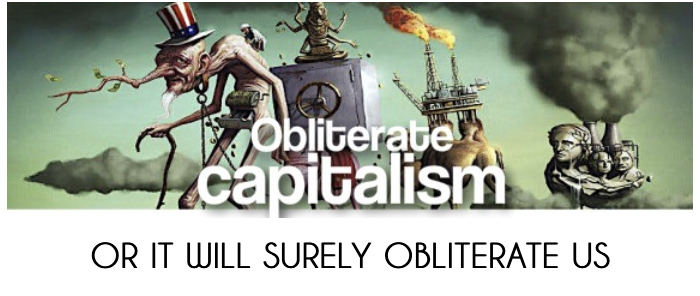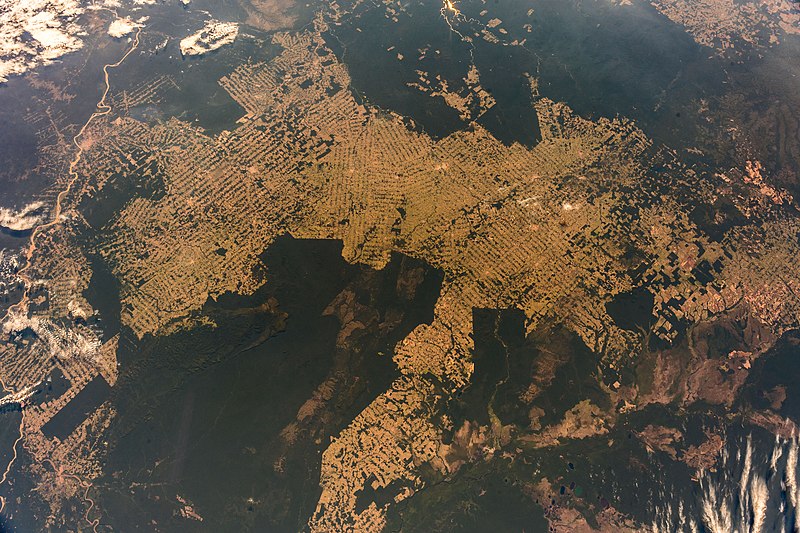 By Cristen Hemingway Jaynes, EcoWatch
By Cristen Hemingway Jaynes, EcoWatch
The Amazon rainforest is the largest tropical rainforest on the planet. It is home to more animal and plant species than any terrestrial ecosystem, including one-third of the world’s tropical trees. This diverse sanctuary is also one of the last refuges for jaguars, pink river dolphins and harpy eagles, according to WWF.
Brazil has an Action Plan for the Prevention and Control of Deforestation in the Amazon by 2030, and since President Luiz Inácio Lula da Silva took office at the start of this year, deforestation has fallen dramatically.
The country’s Minister of the Environment and Climate Change Marina Silva said that deforestation in Brazil’s Amazon in Brazil dropped 66.11 percent in August, which is the lowest it has been for that month since 2018, reported Reuters. That’s according to satellite data from INPE, Brazil’s National Institute for Space Research. The decrease was made more significant by the fact that forest destruction is often higher this time of year.
“These results show the determination of the Lula administration to break the cycle of abandonment and regression seen under the previous government,” Silva said, as BBC News reported.
Data from INPE suggests 217 square miles of rainforest were cleared last month, down from 641 square miles a year earlier.
According to INPE figures, deforestation fell a cumulative 48 percent in the initial eight months of 2023, compared to the same period last year, reported Reuters.
“The Amazon is in a hurry to survive the devastation caused by those few people who refuse to see the future, who in a few years cut down, burned, and polluted what nature took millennia to create,” Lula said, as The Associated Press reported. “The Amazon is in a hurry to continue doing what it has always done, to be essential for life on Earth.”
The Amazon rainforest stores approximately 83.78 billion tons of carbon dioxide, and its trees release 22 billion tons of water each day, which significantly influences the regional and worldwide carbon and water cycles, according to WWF-UK.
Any amount of rainforest lost means loss of habitat for the densely packed array of species living there, as well as devastating effects for Indigenous Peoples, soil erosion, increased carbon emissions, flooding, pollution and even desertification.
Lula signed a designation of two new Indigenous reservations to protect against illegal mining, logging and cattle ranching.
“We are experiencing a new moment, with more assertive policies and greater political will in favor of the Amazon,” said Mariana Napolitano, director of WWF-Brasil, as reported by Reuters. Napolitano added that more needed to be done to improve transparency and the ability to trace the movements of the livestock trade and commodities like gold.
Deforestation effects across time.
Cristen believes in eliminating human-made toxins from the environment and ensuring that they don’t make their way into rivers and streams via wastewater or agricultural runoff. She is an advocate for renewable energy, the reduction of carbon emissions, the elimination of plastic waste, the outlawing of “forever chemicals” and eliminating factory farms. Cristen is the great-granddaughter of Nobel laureate Ernest Hemingway, who had a storied relationship with animals and the environment, paying homage to their beauty through his writing while also big game hunting. Cristen hopes to expand on and counterbalance this legacy by advocating for the protection of animals and the environment.
Print this article

Unfortunately, most people take this site for granted.
DONATIONS HAVE ALMOST DRIED UP...
PLEASE send what you can today!
JUST USE THE BUTTON BELOW

[premium_newsticker id=”211406″]
![]() This work is licensed under a Creative Commons Attribution-NonCommercial 4.0 International License
This work is licensed under a Creative Commons Attribution-NonCommercial 4.0 International License
ALL CAPTIONS AND PULL QUOTES BY THE EDITORS NOT THE AUTHORS







